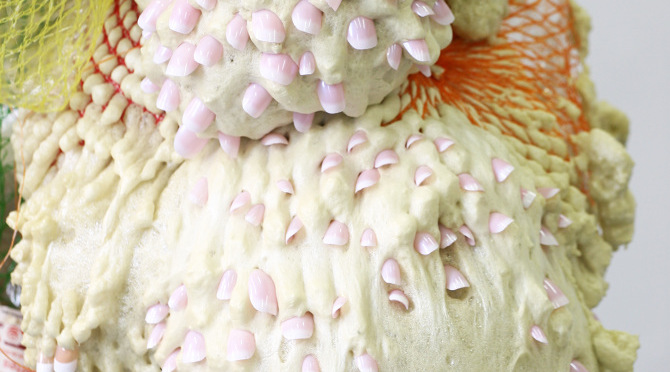“There is but one world and everything that is imaginable is necessary to it. For this world also which seems to us a thing of stone and flower and blood is not a thing at all but is a tale. And all in it is a tale and each tale the sum of all lesser tales and yet these are also the selfsame tale and contain as well all else within them. So everything is necessary. Every least thing. This is the hard lesson. Nothing can be dispensed with. Nothing despised. The way in which the world is made. We have no way to know what could be taken away. What omitted. We have no way to tell what might stand and what might fall.” (1)
The world population is expected to reach over 10 billion by 2050. This means that there will not be sufficient employment available for everyone, not enough housing and food, and more waste will be produced contributing to air pollution (2). Overpopulation, coupled with a loss of habitat and biodiversity, means that ecology is incapable in its current form of responding to the needs of the population (3). A different future will emerge, one that challenges our ability to adapt to changes in climates and ecosystems, and the outcomes of our adaptive capacity will in large part be determined by our creativity (4).
Considering humanities ecological outlook, the human body can now assume a sentient phase, a becoming-animal. Philosophically, the animal is understood solely as the object of property, and can in many ways be seen as representative of man’s original right to property (and product of man’s dominion). A purely mechanical, “soulless” object, to be utilised in any way for its instrumental value to human ends (5). To ‘become animal’ will be humanity’s only path of escape. We will cross a threshold, where human becomes animal, not in a literal sense, but in a taxonomic sense (6). The discourses and social relations previously afford the body, shall be assumed by something more capable of survival and adaption.
When our future ecology reaches its final conclusion, each one of us will take our rightful place on the pedestals of the DEAD ZOO.
- Cormac McCarthy, The Crossing (1994), published by Alfred A. Knopf (as part of ‘The Border’ Trilogy)
- http://www.ecologyandsociety.org/vol13/iss2/art57/
- http://evol-eco.blogspot.ie/2013/12/what-can-future-of-ecology-learn-from.html
- ibid (2)
- https://dspace.sunyconnect.suny.edu/bitstream/handle/1951/45472/000000397.sbu.pdf?sequence=3&isAllowed=y
- https://www.academia.edu/1686430/Deleuze_and_Guattari_s_Becoming-Animal_and_the_Romantic_Discourse_of_the_Sublime


